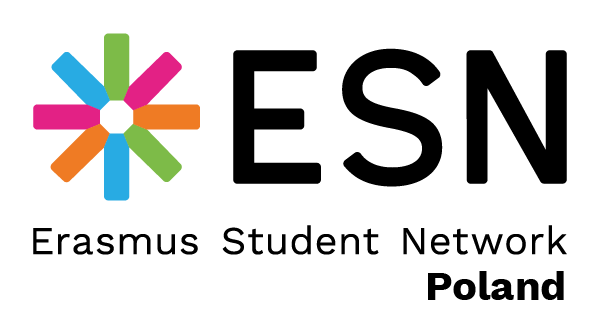Social barriers in mobility?
If you go on Erasmus, all the barriers will fade. What else can be so good to learn how to be more independent and confident in your actions as to get into deep water?
ESN organises Social Inclusion Days to raise awareness towards social engagement in social mobility. The two-week initiative caters for inspiring people to make a change in society and unite people from different backgrounds.

Building bridges
One of the main concepts of Erasmus+ programme is to provide all international students with the possibility of going abroad. But, being put into practice, it is not always so easy. Many people with disabilities are discouraged already at the beginning process of applying for mobility stay. Therefore, in joint efforts of European Commission and Erasmus Student Network a big step has been made towards improving the state on this matter, to make mobility without barriers happen.
It’s a matter of INclusion and support
People with disabilities might encounter many challenges on their way while abroad. Paulina Gul, a participant of a short-term volunteering programme in Greece, knows it well. She wears a hearing aid and communicates by using sign language and gestures.
I was sent for the programme thanks to one of the organisations in Poland that is specialising in finding voluntary projects for people with hearing loss. The communication with my project’s coordinator was fine - she was speaking straight to me, clearly, so I could lipread. [...] However, group meetings weren’t adjusted to me well. I had difficulties with catching up with the discussion. Sometimes I couldn’t understand even my mentor due to the accent.
It is crucial to ensure support for students however the type of abroad mobility. A proper communication is a key to make students feel comfortable and on the same page. On that account, you should not be afraid of speaking up, addressing that some help is needed. Equal access to information is the case to take care of not only for the academic bodies but also for the organisers of volunteering services.
To go, or not to go?
Although going for an exchange when you are disadvantaged is not a bed of roses, there is also a bright side of it. Discovering new cultures by getting to know closer local communities, learning to express your thoughts are the examples on how to adjust yourself to a new place and develop.
What’s even more, many students collect precious moments that stay with them forever.
It was fantastic. For the first time I had experienced that my hearing loss doesn’t matter in social contacts, I was just one of them. I also made friends that last until now - says Maria Skoczyńska who participated in the exchange abroad in Stockholm, in 2020.
Last but not least, we shall not forget that we are all humans. There is no need to categorise people by nationality, gender, type of disability. We can find ourselves in different parts of the world, and still feel like home as it’s us who create the social space, making the place valuable.
The article was written within the colaboration with Culture without Barrier Foundation and SUITA Association!
Author: Paulina Bednarek (PR Committee ESN Poland)
